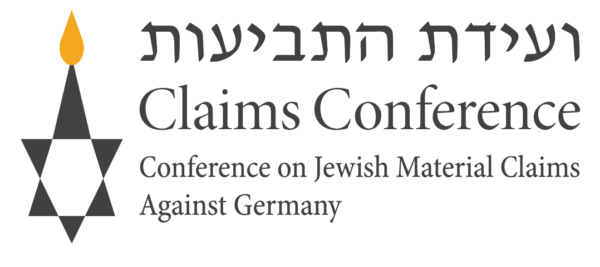Services FAQs
Additional services available to Nazi victims
1. I am a Jewish victim of Nazism, and need homecare, medical services, transportation or financial assistance to meet basic needs. Does the Claims Conference pay for these services and how can I access them?
Claims Conference allocations for services to Nazi victims are distributed through a global network of professional social welfare agencies. The funds distributed by the Claims Conference are administered by social welfare agencies under umbrella guidelines. The Claims Conference does not operate social welfare programs or provide such services to individuals. To access Claims Conference social services grants and for all issues related to these services, beneficiaries or their caregivers should contact their social services providers directly. View a map of agencies we fund to get help near you.
2. I need dental work. Does the Claims Conference allocate funds to help me pay for this?
The Claims Conference does not operate social welfare programs or provide such services directly to individuals. To access Claims Conference social services grants and for all issues related to their access, Nazi victims or their caregivers should contact their social services providers directly. View a map of agencies we fund to get help near you.
3. What help can I receive in a financial emergency?
In addition to providing allocations to agencies for ongoing support for daily living, the Claims Conference has also established an Emergency Assistance Program to address one-time, short-term needs or emergency situations that may arise. You should work through your local social service agency, who will assess your needs and resources and can advise you of options for assistance. View a map of agencies we fund to get help near you.
4. I heard that the Claims Conference funds social gatherings of Holocaust survivors.
The Claims Conference supports get-togethers for survivors. In many locations these are called “Café Europa.” Read more about Café Europa and find a gathering near you.
5. I heard that the Claims Conference funds vacations for Holocaust survivors.
The Claims Conference does not fund vacations for Holocaust survivors, though it is sometimes possible for those who receive ongoing BEG payments to obtain additional benefits. Under certain circumstances, recipients of ongoing BEG payments can apply for stays at a health spa (Kur). Contact the relevant BEG office for more information.
6. I need more money for my living expenses. Can I get an increase in my compensation? Where do I go for help?
It is not possible to apply for individual pension increases under the Claims Conference Article 2 Fund. Claims Conference payments are funded and regulated by the German government. Increases in the monthly amount of payments under the Article 2 Fund and CEEF are subject to negotiation with the German government. These negotiations are pursued by the Claims Conference on a regular basis.
Under certain circumstances, recipients of ongoing BEG payments from Germany (“Wiedergutmachung”) can apply for increases due to deterioration in a health condition which the German government accepts as originally caused by Nazi persecution (or to apply for a payment as the widow or widower of a deceased beneficiary). You must contact any competent German Compensation office to determine eligibility. If you are unable to contact Germany, you can consult your local German consulate.
Please note that applying for re-assessment of a pension amount from the German government does not guarantee outcome and is not resolved immediately. Needy Holocaust survivors should work through a local social service agency, which will assess their needs and resources and can advise about possible options for assistance. View a map of agencies we fund to get help near you.
PLEASE NOTE: The information presented herein is intended for information purposes only and solely as a general guide. The information is not intended as legal advice. It is a summary of specific issues and does not represent a definitive or complete statement of the programs and policies of the agencies or governments mentioned. The information may not address the special needs, interests and circumstances of individual recipients. Individuals seeking specific information on a program are urged to contact the relevant program or to consult their social service agency or help center representative. While the Claims Conference provides information on a general basis to various help and assistance centers, each help and assistance center is solely responsible for the advice provided by it. To the best of our knowledge the information is correct as of the date of this document and this information may change subsequent to the said date – April 26, 2012

